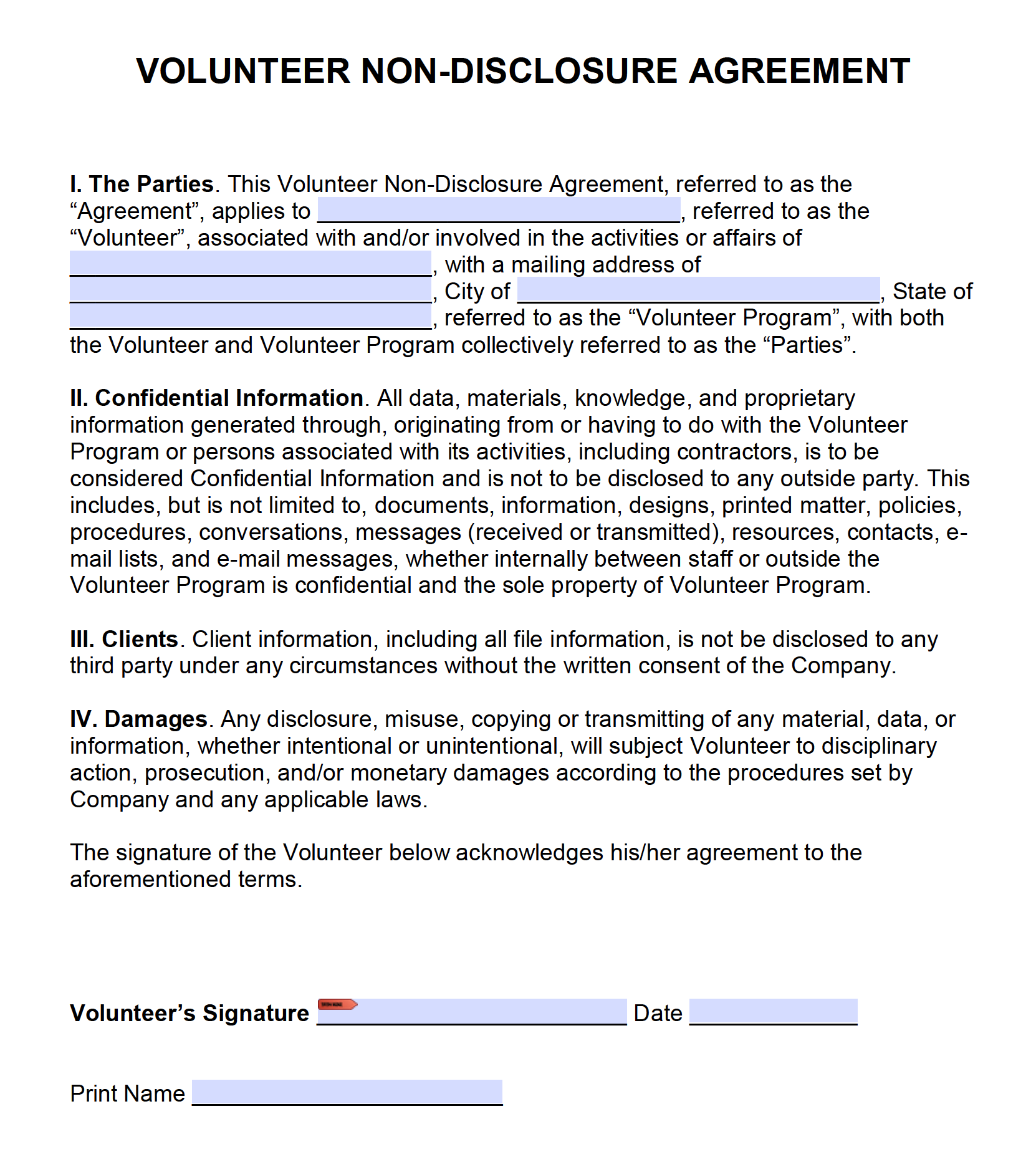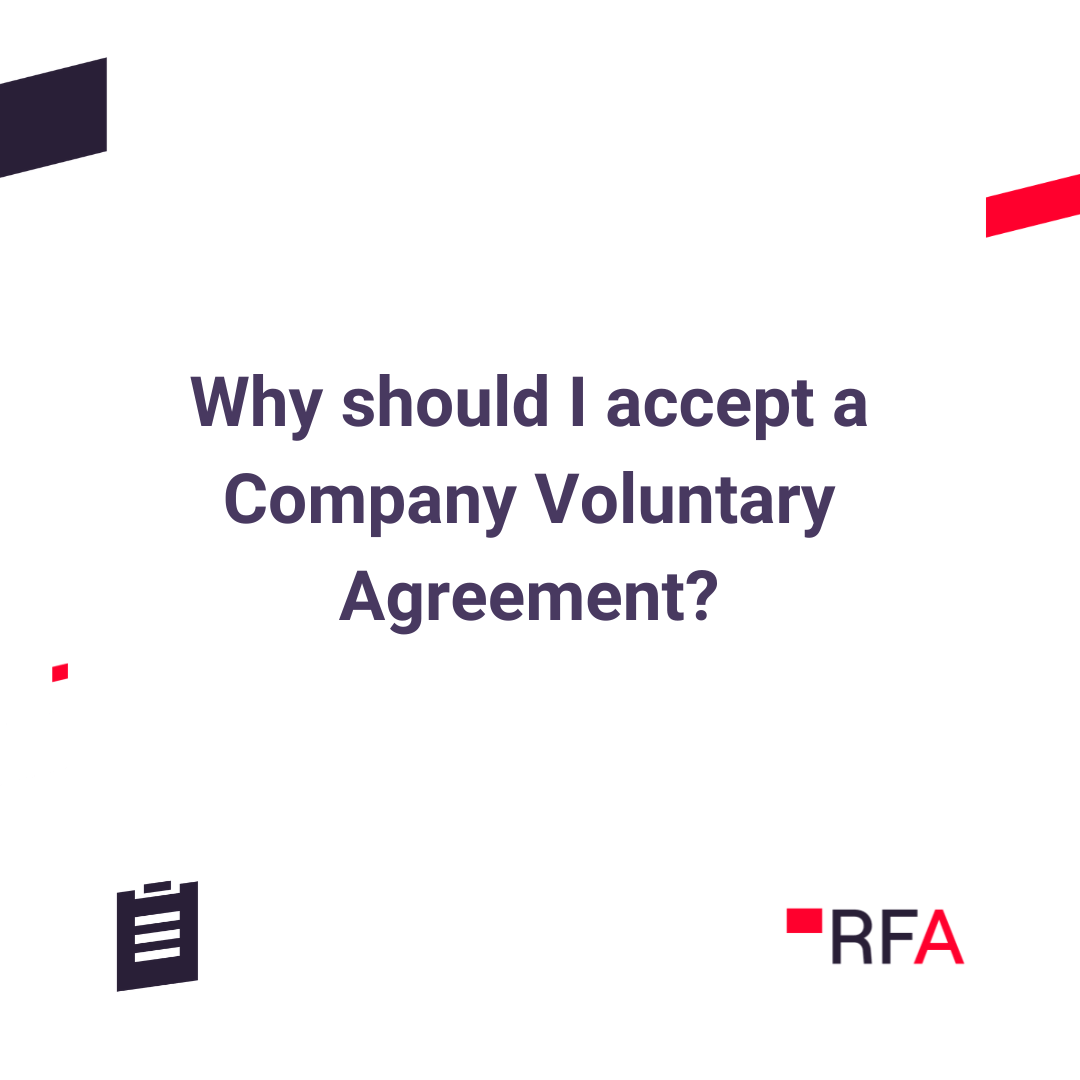Corporate Voluntary Agreement (CVA): Meaning and Business Applications.
Ultimate Guide to Understanding Company Volunteer Arrangements and Exactly How They Benefit Businesses
Business Voluntary Contracts (CVAs) have ended up being a strategic tool for organizations aiming to navigate economic obstacles and restructure their operations. As the company landscape remains to advance, recognizing the details of CVAs and how they can favorably influence companies is critical for informed decision-making. From giving a lifeline to battling businesses to cultivating a course in the direction of lasting growth, the benefits of CVAs are multifaceted and customized to attend to a selection of company demands. In this guide, we will explore the subtleties of CVAs, clarifying their benefits and the process of execution, while likewise diving into crucial considerations that can make a substantial difference in a company's economic health and future potential customers.
Understanding Company Volunteer Agreements
In the world of business governance, a fundamental idea that plays a crucial duty in forming the relationship between firms and stakeholders is the detailed mechanism of Corporate Volunteer Agreements. These agreements are volunteer dedications made by firms to stick to specific standards, techniques, or goals past what is lawfully called for. By participating in Company Volunteer Contracts, business demonstrate their dedication to social obligation, sustainability, and honest business practices.
One trick facet of Company Volunteer Agreements is that they are not legitimately binding, unlike regulatory needs. Companies that voluntarily commit to these agreements are still expected to support their assurances, as failing to do so can result in reputational damages and loss of stakeholder trust fund. These arrangements typically cover areas such as environmental defense, labor civil liberties, diversity and inclusion, and community interaction.

Advantages of Business Voluntary Contracts
Moving from an exploration of Business Voluntary Contracts' value, we currently turn our attention to the concrete benefits these arrangements supply to firms and their stakeholders. Among the main advantages of Business Voluntary Agreements is the opportunity for companies to restructure their debts in a more manageable means. This can aid alleviate economic burdens and prevent possible bankruptcy, enabling the service to proceed operating and potentially grow. In addition, these contracts offer a structured structure for arrangements with lenders, promoting open communication and collaboration to reach mutually advantageous solutions.
Moreover, Corporate Voluntary Agreements can enhance the company's track record and connections with stakeholders by showing a commitment to attending to economic obstacles sensibly. On The Whole, Company Volunteer Contracts serve as a tactical tool for companies to navigate economic difficulties while maintaining their connections and operations.
Process of Implementing CVAs
Recognizing the process of carrying out Company Voluntary Contracts is vital for companies seeking to navigate economic challenges properly and sustainably. The very first action in carrying out a CVA includes appointing an accredited bankruptcy specialist who will work carefully with the firm to evaluate its economic situation and stability. Throughout the application procedure, normal communication with lenders and diligent monetary management are vital to the successful implementation of the CVA and the business's eventual financial recovery.
Secret Considerations for Companies

Another essential factor to consider is the degree anonymous of openness and interaction throughout the CVA process. Open up and straightforward communication with all stakeholders is important for building trust fund and ensuring a smooth execution of the agreement. Organizations should additionally take into consideration seeking expert advice from legal specialists or about his economic professionals to browse the intricacies of the CVA procedure efficiently.
Moreover, services need to examine the lasting effects of the CVA on their credibility and future funding opportunities. While a CVA can supply prompt relief, it is important to evaluate just how it might impact partnerships with financial institutions and capitalists in the long run. By very carefully thinking about these essential elements, organizations can make enlightened decisions concerning Business Voluntary Agreements and establish themselves up for an effective economic turn-around.
Success Stories of CVAs in Action
A number of services have effectively applied Corporate Voluntary Agreements, showcasing the effectiveness of this economic restructuring device in renewing their procedures. By entering into a CVA, Company X was able to renegotiate lease arrangements with proprietors, lower expenses expenses, and restructure its debt obligations.
In an additional circumstances, Business Y, a manufacturing company strained with tradition pension responsibilities, used a CVA to reorganize its pension plan commitments and enhance its operations. Via the CVA procedure, Company Y attained substantial cost financial savings, improved its competitiveness, and safeguarded long-lasting sustainability.
These success tales highlight how Business Voluntary Contracts can provide having a hard time businesses with a feasible path towards economic recovery our website and functional turnaround. By proactively attending to economic challenges and reorganizing obligations, business can arise stronger, a lot more dexterous, and better placed for future development.
Conclusion
To conclude, Company Voluntary Contracts supply businesses a structured strategy to dealing with monetary troubles and restructuring debts. By carrying out CVAs, firms can avoid insolvency, safeguard their possessions, and keep partnerships with creditors. The process of carrying out CVAs entails mindful preparation, negotiation, and commitment to meeting agreed-upon terms. Services need to take into consideration the possible benefits and drawbacks of CVAs before choosing to pursue this choice. Generally, CVAs have actually verified to be reliable in aiding organizations get over economic obstacles and attain lasting sustainability.
In the realm of company governance, an essential idea that plays a pivotal role in forming the connection between stakeholders and business is the elaborate system of Corporate Voluntary Arrangements. what is a cva agreement?. By entering right into Company Volunteer Contracts, companies show their dedication to social obligation, sustainability, and honest organization methods
Relocating from an expedition of Company Volunteer Arrangements' value, we currently turn our attention to the concrete benefits these arrangements supply to business and their stakeholders.Furthermore, Corporate Voluntary Contracts can improve the business's reputation and relationships with stakeholders by demonstrating a commitment to dealing with monetary difficulties sensibly.Comprehending the procedure of executing Business Voluntary Contracts is vital for business looking for to navigate economic difficulties properly and sustainably.